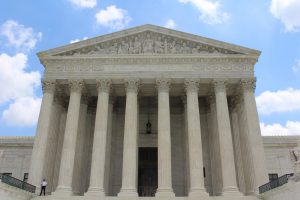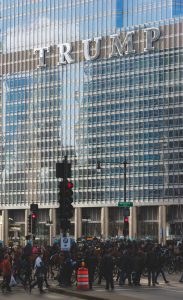 Starting October 1, 2017, USCIS has indicated that it would be start requiring in-person interviews for individuals seeking lawful permanent resident status who have been petitioned by their employers. According to a USCIS spokesperson, there will be additional visa categories that will also require interviews in order to “further improve the detection and prevention of fraud and security risks to the United States.”
Starting October 1, 2017, USCIS has indicated that it would be start requiring in-person interviews for individuals seeking lawful permanent resident status who have been petitioned by their employers. According to a USCIS spokesperson, there will be additional visa categories that will also require interviews in order to “further improve the detection and prevention of fraud and security risks to the United States.”
In the view of one attorney, “The immigration service [previously] realized that most of the time it was a colossal waste of everyone’s time.” As a result, USCIS had agreed to waive many of these interviews. Such waivers will no longer be granted.
Based upon an anecdotal, informal survey of Romben Law, APC clients, a marriage-based “green card” case in the Los Angeles area can be expected to be completed within 6-8 months of filing. Tasking the same number of USCIS interviewing officers to now conduct additional interviews on top of the existing caseload is a sure recipe for longer adjudications.
 Immigration Visa Attorney Blog
Immigration Visa Attorney Blog



 ern Law School Asian Pacific American Law Student Association.
ern Law School Asian Pacific American Law Student Association.


